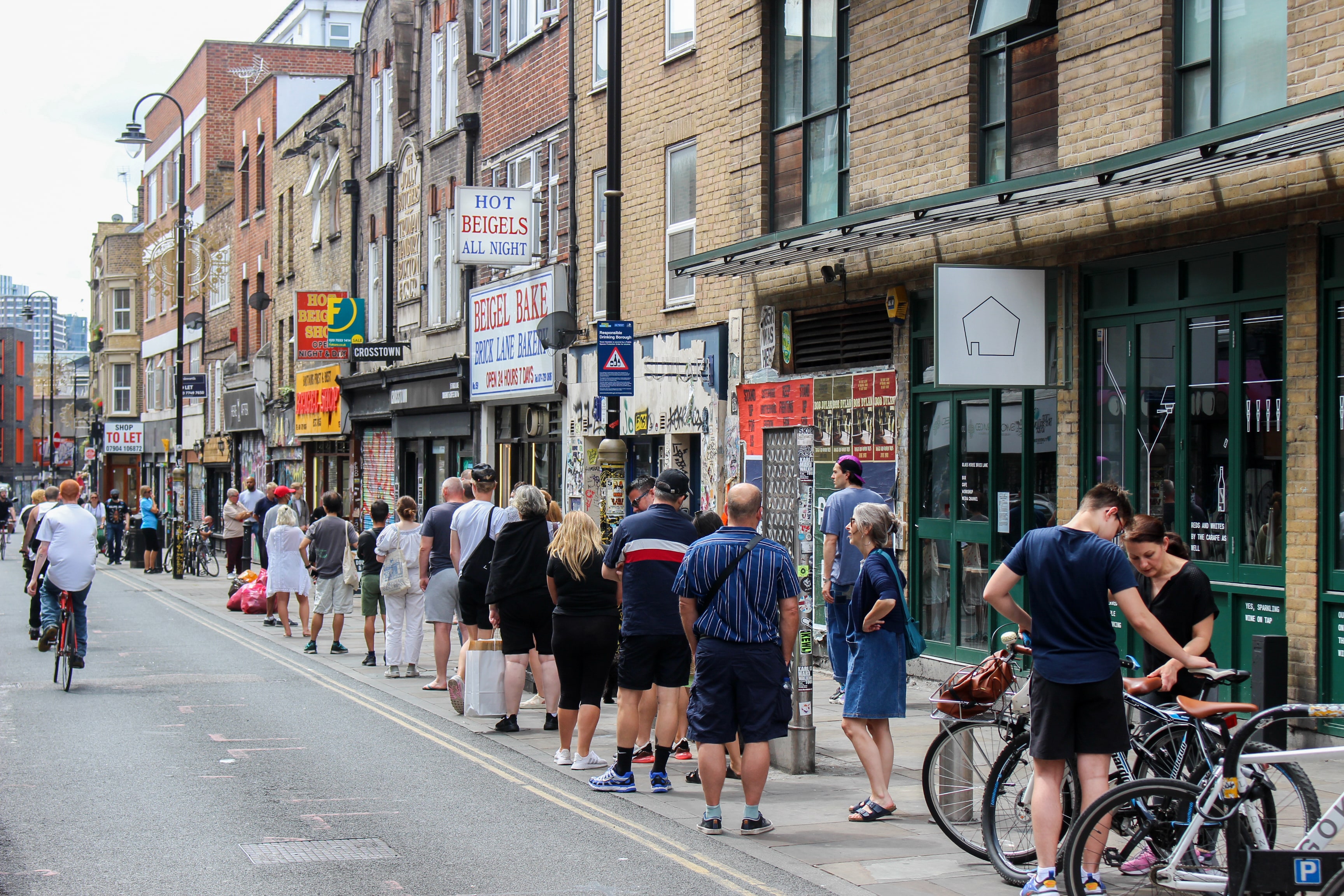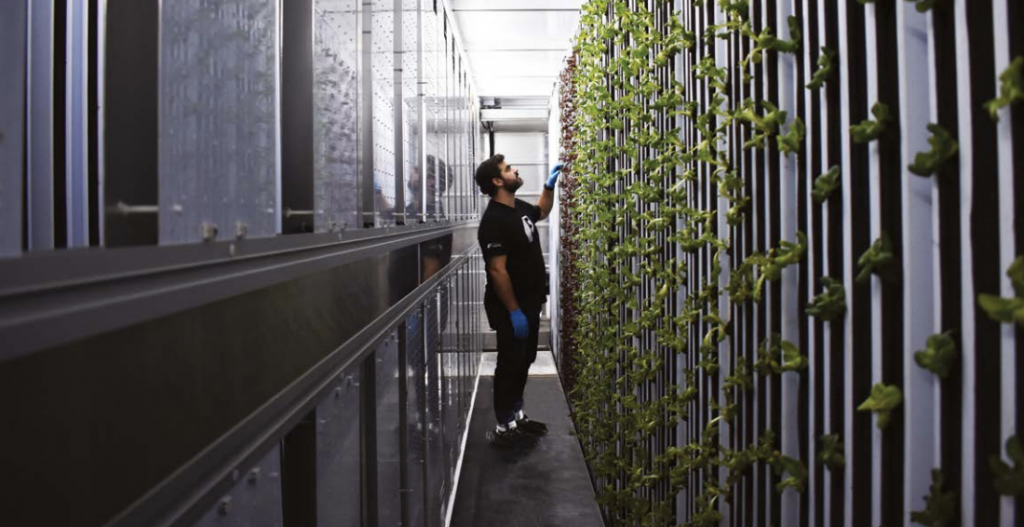
Following four months of lockdown, the hospitality sector finally effectively reopened on 4 July, dubbed “Super Saturday”. Scenes of customers enjoying outdoor drinking and dining, together with the government’s reduction of social distancing down from two metres to one metre+, has gone some way to driving confidence within the industry.
Additionally, the Chancellor’s announcement of 50% subsidised bar and restaurant meals during August, along with a VAT cut for the hospitality sector from 20 to 5%, are encouraging signs that recovery is possible.
Despite these initial encouraging signs, it’s a sad fact that we’re still going to see a continuing serious financial impact on the sector, as a result of the devastation lockdown initially caused and because social distancing has made a return to pre-pandemic operations impossible. We recently saw Upper Crust announce major job losses, and as one of the most hard-hit industries, swathes of hospitality redundancies are unfortunately still very likely.
Reopening
Reopening will go some way to helping the industry recover, but the reality is that there are still months of lost trade and customer wariness to contend with. We won’t see the sector bounce back to normality immediately and revenue will remain significantly lower in comparison to pre-Covid levels, particularly with reduced number of table covers.
As part of its support package to the industry, the government had promised more detailed ‘Covid secure’ guidance, though this is yet to be released. It is most prudent to carry out a full 360 degrees risk assessment of premises if you have not already done so without further delay. Understanding what Covid-related challenges your business might face early on will pay dividends over the reopening period, as adjustments to business practice can be implemented far more smoothly.
Covid-secure steps will include providing PPE for staff, increased cleaning and offering hygiene and sanitisation for staff and customers. Seating arrangements will need to be adequately spaced out, and perhaps offer separate areas for individual and combined household bubbles.
New booking systems to ensure covers in the bar or restaurant remain at safe levels could be necessary, with many businesses who previously offered ‘walk-ins only’ now encouraging customers to book in advance either online or by telephone. You must also consider setting up a system to obtain customer contact details to comply with test and trace efforts, in a GDPR-compliant fashion.
Redundancy
Despite optimism from many in the industry to reopen, some businesses are unfortunately in a position where redundancies will be necessary. Whilst the government’s Coronavirus Job Retention Scheme provided some welcome respite, employer contributions towards furlough payments are expected from the end of July, gradually increasing as the scheme winds-up in October.
The knock-on effect is clear – if many businesses are to stay afloat, redundancies will likely be necessary over the coming weeks, if not days.
For HR teams faced with this prospect of handing collective redundancies, caution is advised at every stage of the redundancy process, with common pitfalls leaving companies exposed to unfair dismissal claims and employment tribunals. When considering redundancies, it is key that knee jerk reactions are avoided, and proper due diligence is implemented throughout the process – or it could make the coming period far more challenging than it already is.
A reasonable selection criteria must be decided and applied fairly, and those at risk of redundancy will need to be consulted with before a decision is made. Guidance was recently updated to allow for remote consultations, though staff still have a right to be accompanied by a trade union rep or colleague.

It is also important to note that consultation also still applies for furloughed employees, without breaching the rules on working. Official statutory guidance on furlough does not make concessions for redundancy, so it’s reasonable to assume these employees can be engaged with.Notice can also be issued whilst they are on the scheme, although businesses will have to top up their pay in lieu to 100%, on top of the 80% supplied by the UK government.
Hospitality as a sector has serious challenges ahead. Though a bleak time for many, reopening provides a glimmer of hope for many bars, pubs, cafes and restaurants, especially with many customers keen to – safely – cross the threshold of their favourite place for the first time in months. Let’s hope it helps to somewhat steady the ship as the industry continues to navigate the pandemic.
Julian Cox (pictured)
About BLM:
BLM is the leading insurance and commercial risk law specialist in the UK and Ireland. With a turnover of over £100million, we advise insurers, Lloyd’s syndicates, MGAs, brokers, corporate policyholders, professional indemnifiers and other market organisations. With more than 200 partners and 1,700 staff, BLM is instructed on a broad spectrum of legal issues and acts for customers in key sectors such as construction and property, corporate risks, healthcare, insurance and indemnity, leisure, public sector, retail, technology, media and telecoms, transport and the London Market.
For further information, please visit: http://bestofboth.blmlaw.com




